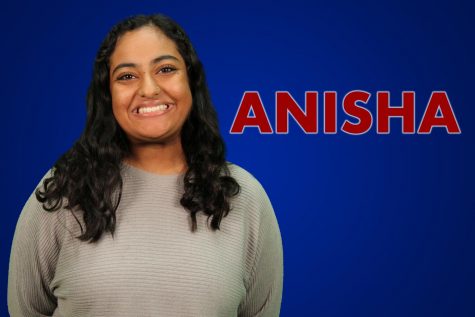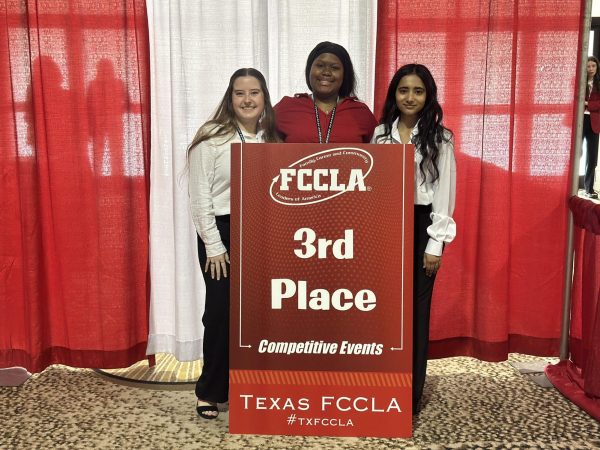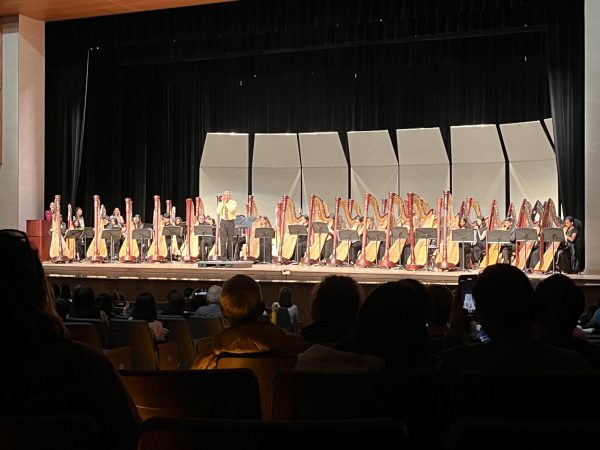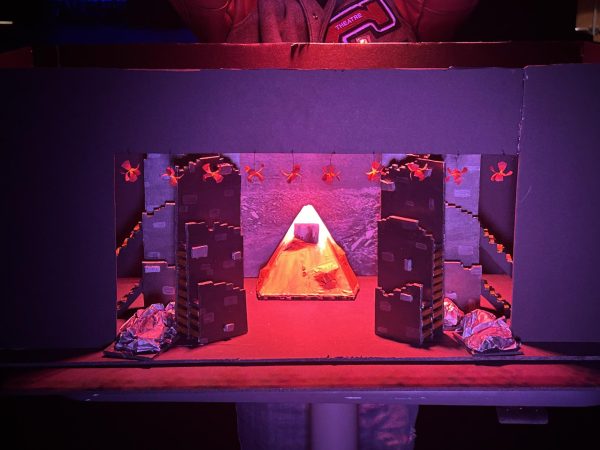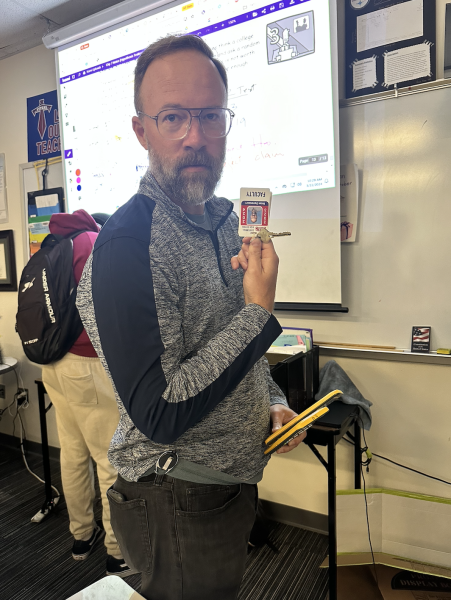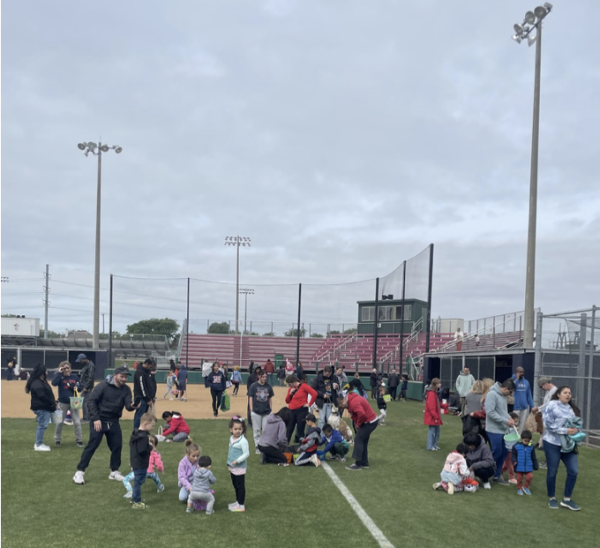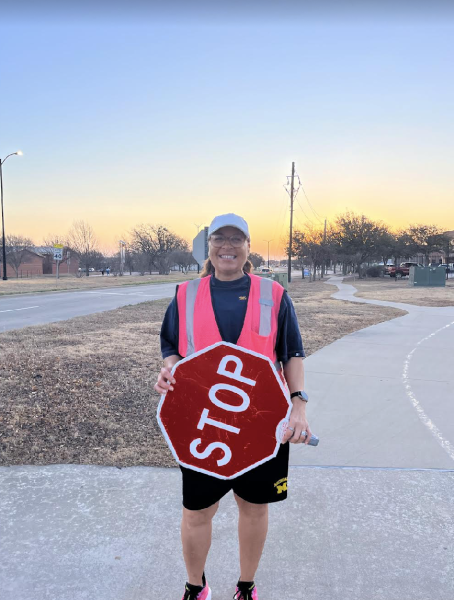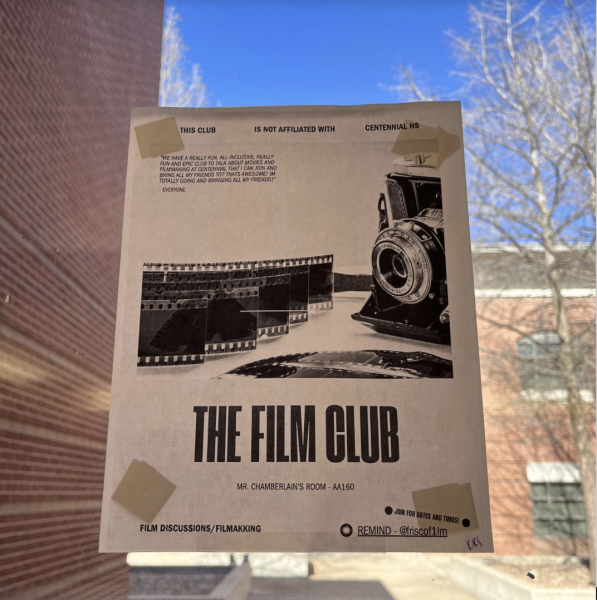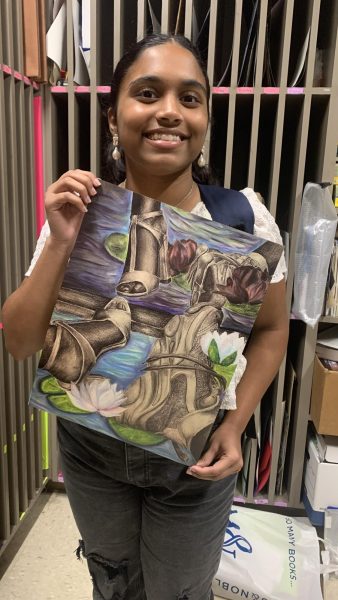How Beneficial is High School?
March 19, 2018
Geometry. Algebra. English. Chemistry. Biology. History. We are required to take and pass these courses by law during our high school careers. Students undertake these subjects with the intent of a high school diploma and admission into a college of their choice. Many argue that the mandatory credits in secondary school are unnecessary and do not prepare students for the real world, unless students are planning to work in those distinguished fields. This leads to the questions of how much high school knowledge is actually beneficial in college, if high schools adequately prepare students for college, and how much of it is applied beyond school, in adult life.
“High school taught me many different skills,” Rifah Zaman, 22 said.
Zaman is a senior at The University of Texas at Dallas, double majoring in psychology and child development. Attending high school in Plano, Texas, she took an array of courses, ranging from the basics to clinical rotation classes.
She said that clinical rotation, a two-year program where a modest group of students get the opportunity to shadow doctors, go to nursing homes, pharmacies, and hospitals, benefited her undoubtedly because it has allowed her to ace the difficult pharmacy technician certification exam, be able to work, and make money while still going to school and learning about the field itself.
However, Zaman said that high school did not adequately prepare her for university.
“I don’t think it prepared me, because unless you take AP classes, regular and honors classes don’t really help in college,” Zaman said. “I didn’t have issues with classes or grades. I put in the bare minimum and work and time and made an easy A.”
Advanced Placement classes are all college level courses; they mirror the depth of material and rigor of classes one would take at a university. The primary goal is to pass the final exam at the end of the school year and potentially earn college credit, but many argue taking the classes themselves help students more.
For example, Tasnia Mahmud, 18, currently attends The University of Texas at Arlington in the College of Engineering, pursuing a Bachelor’s degree in computer science. She was valedictorian of the class of 2017 at Harmony Science Academy Euless.
“High school prepared me for college, but I think a lot of it had to do with me,” Mahmud said. ” I took a lot of AP courses and dual credit courses and basically took every challenging course that was offered to me. If I could take it, I took it; and that’s what prepared me for college.”
She said that it’s not just the content of AP classes that is incredibly beneficial, but also the pace at which one has to learn that is similar to a university class.
Community college, however, is a different story. Zaman attended community college for two years before attending a university.
“I can appreciate people who took AP classes and are not having such a hard time in university,” Zaman said. “At a community college, it doesn’t matter because it’s almost high school level. I basically took honors classes and it didn’t really help, because university classes are very rigorous and detail oriented and honors skim over what you’d learn. It’s not even the building blocks of what you need.”
Of course, there are more classes, such as electives, that have value. Zaman, who was in orchestra for four years said that the program helped her learn that there’s always a purpose behind why you’re taught what you’re taught. She said that her directors always made a point to explain why they were doing what they did and the history behind it.
Mahmud was in choir in high school, but had a differing opinion.
“Choir. It was almost my only B from high school,” Mahmud said. “I had to cry and beg my teacher to give me an A. I hated it. It was useless and I didn’t sing.”
These time-consuming electives, such as orchestra, choir, and band, although requiring lots of commitment and dedication, have astounding benefits, but only if the individual chooses to completely integrate themselves into the program.
Extracurriculars teach teenagers teamwork skills, help them develop a good work ethic, and of course, aid them in making friends. For example, Arwen Adams, 18, is a high school senior who has been in the marching band her entire high school career and has benefited from it. Furthermore, there are non-elective classes that help students in their futures.
“My English classes were very beneficial because they taught me how to write and, of course, the basic understandings I have from biology and knowing how the body works to math that I can use daily,” Adams said.
Despite their boring exterior, core curriculum classes aren’t all unnecessary. Mahmud said that her math and English classes, more specifically English, were the most resourceful in college.
“It’s really important to know how to be able to write papers no matter what you’re pursuing,” Mahmud said. “You’re always going to have to write papers. You’re always going to have to explain things to people, you’ll always have to be able to express your thoughts and ideas to others because that’s how you share your ideas and innovations.”
Apart from math and English, other core classes are frequently dependent on one’s interests. Zaman, who is doing pre-med and pre-health, said that medical-related courses benefited her the most.
Adams intends to attend the University of North Texas and major in speech pathology so that she can help stroke patients or children with speech impediments, and she shared that medical terminology, health science, anatomy and physiology, and pathophysiology helped the most, because they are beneficial to the career she wants to go into.
“I think that it’s beneficial that there are career directed courses so you’re not just taking an array of useless classes you’re not going to use,” Adams said. “It’s so great that we’re given the opportunity to dip our toes in a ton of different courses and fields.”
A course deemed useless often is history. Zaman argued that the school system teaches you the same thing every year starting from elementary school, and just adds on minor details as you progress.
“I despised world history because that class was really hard, and I don’t think I needed to know anything about the Romans,” Adams said.
High school not only supplies knowledge, but life skills as well. Mahmud graduated from a senior class of less than 50 people, which gave her a different high school outlook and experience.
“High school taught me how to be patient with people,” Mahmud said. “Especially because I went to such a small school, I had to deal with the same people every single day in every single class. You can get really tired of some individuals, but you just have to learn how to deal with them and be nice to them.”
Even with all of the career-directed courses newly implemented in the school system, there are some more courses that could further help students with specific paths. Adams requested a bedside manners course for anyone who wants to go into the health profession or even someone who wants to be a business major because they’ll interact with people everyday; a class about earning the different types of people you’ll interact with and the best way to communicate with them.
Mahmud on the other hand, had a less broad suggestion.
“In computer science, binary is really important,” Mahmud said. “True or false, discrete math is really important. Everything is logic based because it’s programming. It’s all yes or no. I think that high schools should have logic courses. Right now I’m taking a discrete math class, which is all true or false and it’s really hard, because I haven’t ever been exposed to it before. I don’t think that most high schools have it.”
There are many disputes about the nature of high school; whether the classes are used beyond secondary school, whether it justly prepares students for college, and whether all of the content learned is valid. In contrast to what the media normally portrays, a variety of classes are beneficial, ranging from core classes to extracurriculars to career oriented courses. They all have something different to offer, and whether high schoolers decide to gain from them, is dependent on the students themselves.
“High school is different for everyone,” Mahmud said. “You get out what you put in.”


